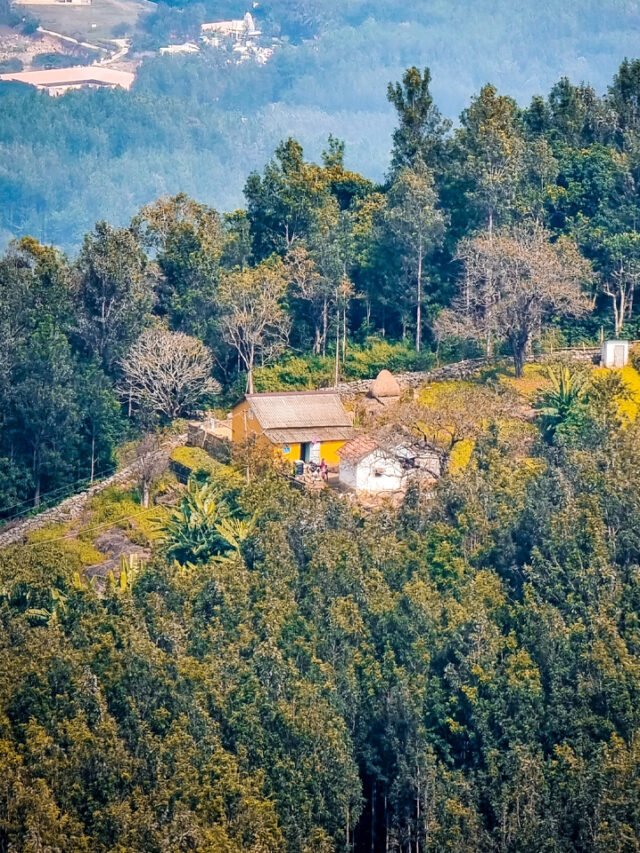GUWAHATI, March 21: On the occasion of International Day of Forests on Friday, Kaziranga National Park and Tiger Reserve authorities distributed improved industry-manufactured efficient wood stoves across 45 anti-poaching camps to improve quality of life of forest frontline staff, an official said.
Due to remoteness and inaccessibility, the anti-poaching camps largely rely on fuel wood-based traditional self-made cook stoves which have several drawbacks including time-consuming firewood collection, space required for storage, inefficient burning of fuelwood and health hazards caused by wood smoke.
Introducing industry-manufactured, efficient wood stoves presents a practical solution which is expected to reduce firewood consumption by up to 50 per cent, lower emissions and smoke by up to 80 per cent, reduce cooking time and decrease firewood storage needs, an official said.
The Kaziranga Park Authority with support from Wildlife Trust of India’s Rapid Action Project provided 47 improved cook stoves which are a mix of two pot stoves for 37 anti-poaching camps, a single pot stove for eight camps and two 50-litre capacity stoves, that can cook for up to 100 people, for the kitchens at the Assam forest battalion and the elephant camp.
“Poaching numbers have declined considerably, continuation of these arrangements is vital along with ensuring high morale and efficiency among field staff. Majority of these camps are in remote locations and difficult to access, especially during the monsoon season when a significant number are affected by the floods”, Kaziranga National Park, director Sonali Ghosh said.
The Kaziranga National Park and Tiger Reserve authorities are committed to improving the quality of life for forest frontline staff who are part of the crucial anti-poaching camps which has helped in significantly reducing poaching incidents in the past few years, officials said.
A post-usage survey will be carried out one month after installation which will lay the case for a larger-scale intervention in the next phase.
The ‘Kaziranga model of conservation’ with a focus on setting up Anti-poaching camps has played a crucial role in significantly reducing the poaching incidents in the past few years.
The Park currently has 233 anti-poaching camps (a camp for every 5.82 sq km), which is among the highest concentrations as compared to those in South Asia and Africa.
Each camp is manned by 4-8 personnel whose primary duty is to carry out foot patrol and keep poachers and intruders at bay. (PTI)












